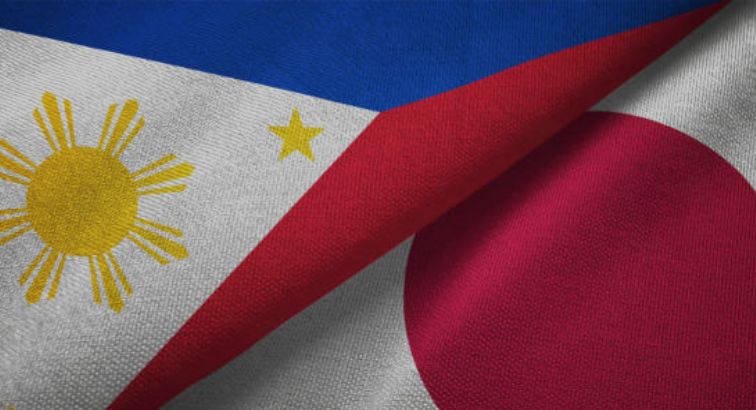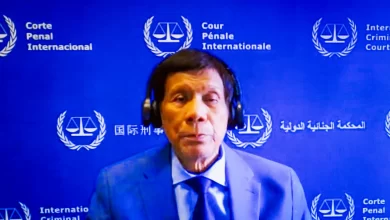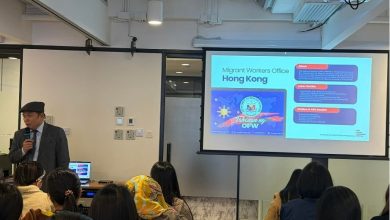The Philippines and Japan today said they are committed to enforcing the rule of law as well as ensuring peace and stability in Asia amid the lingering maritime disputes in the region.
Both countries have had separate ongoing territorial disputes with China. The Philippines is locked in a long-running sea row with Beijing over parts of its exclusive economic zone being claimed by the Chinese off the West Philippine Sea. Japan and China, on the other hand, are contesting ownership over islands called Senkaku by the Japanese and Diaoyu by the Chinese.
“We committed to continue our cooperation – bilaterally and in all possible forums – to maintain peace and security, stability, and the rule of law in our region,” Locsin said in his speech during a joint press briefing with visiting Japanese Foreign Minister Motegi Toshimitsu.
Locsin said he had “candid exchanges” with Motegi, who is currently in Manila for a two-day visit, on maritime issues, including the situation in the West Philippine Sea.
Both sides, he added, also “reviewed and charted the direction” of their defense and security engagement as Japan committed to provide maritime assets to the Philippines.
“I thank Japan for supporting our acquisition of new air and maritime assets and equipment to enhance our maritime domain awareness and capability as well as law enforcement and humanitarian responses,” Locsin said.
For his part, Motegi called the Philippines “an important strategic partner that holds the key to realizing the free and open Indo-Pacific concept advocated by Japan.”
“Secretary Locsin and I were able to deepen our discussion from such perspectives and agreed to deepen bilateral cooperation in wide areas including security and enforcement of the laws of the seas,” Motegi said.
Japan and the Philippines, Locsin added, discussed future acquisitions “in aid of the modernization of our armed forces and maritime forces,” highlighting closer defense ties between the two Asian allies.
Hailing Manila’s current relations with Japan as having entered a “golden age,” Locsin said Motegi’s visit adds “further luster” to that friendship, “which remains one of the region’s closest and strongest.”
Despite President Rodrigo Duterte’s friendly overtures to China, Beijing has maintained an aggressive stance in the South China Sea and installed military outposts in its claimed territories in the resource-rich waters even as it encroaches on Philippine waters.
China and five other governments – Brunei, Malaysia, the Philippines, Vietnam and Taiwan – are embroiled in years-long disputes over the South China Sea, particularly in its southern part, called the Spratlys.
Beijing insists it has historic rights over the waters where huge minerals and natural oil and gas deposits have been discovered in several areas.
Analysts feared that competing claims to the South China Sea could become Asia’s next potential flashpoint for a major armed conflict.
Apart from defense and maritime cooperation, the two countries also discussed moves to bolster economic cooperation and infrastructure projects, particularly Japanese investment in the country’s mass railway system.
Locsin said Japan’s construction of the Philippines’s first subway and the North-South Commuter Railway “will see the revival of the age of rail” in the country.
The two officials also signed and exchanged notes on Japan’s provision of additional 4.4 billion yen or about P2 billion to fortify the earthquake-prone bridges of Lambingan and Guadalupe.
“I welcomed Minister Motegi’s pledge of continued, substantial financial and technical support, under the most concessional terms as only Japan can offer, as the Duterte administration goes into the final push in our infrastructure drive,” Locsin said.
Locsin stressed that Philippines-Japan strategic partnership “has been a positive force” not just for the country’s development and security, but in the best interest of the region. (Mika Dela Paz)




